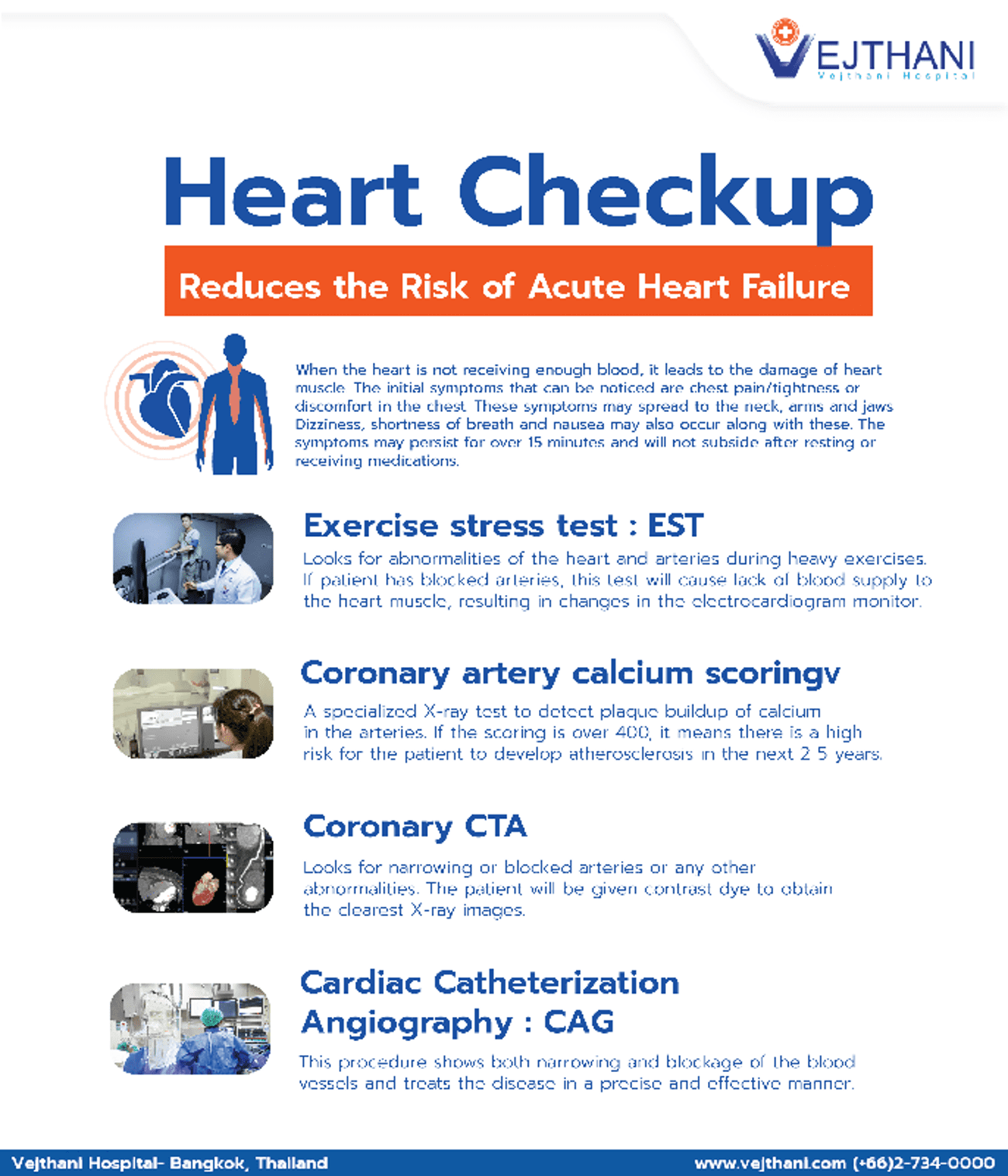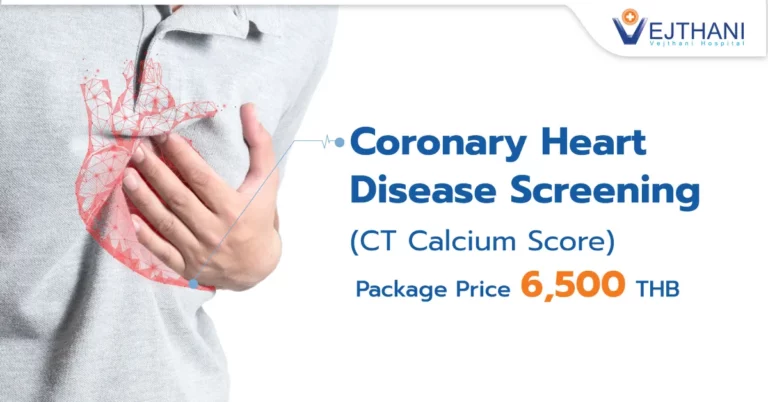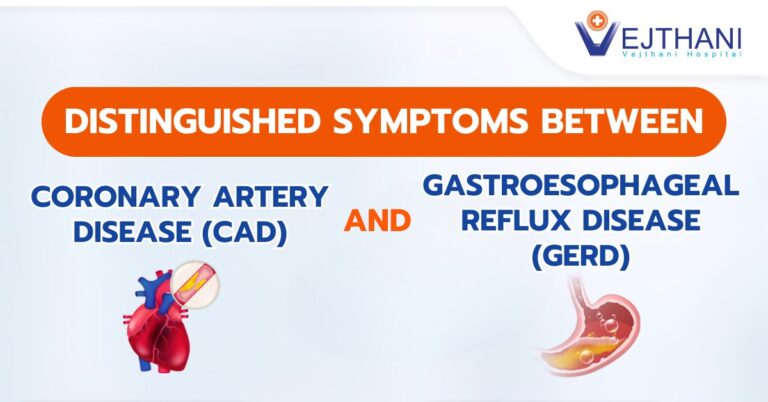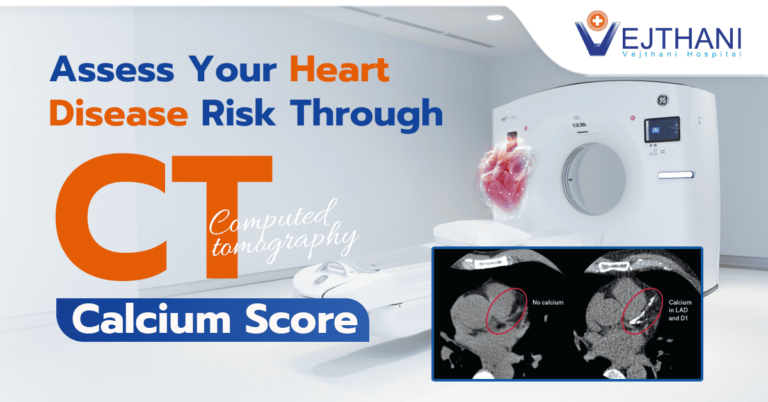

These days, acute heart failure is not far away from us anymore, as it may deprive people of their own lives or their loved ones without warning. The signs must not be ignored. Undergoing heart checkups regularly is an essential key.
Acute heart failure is caused by a blockage in the arteries that obstruct blood flow and disrupts blood supply to the heart.
When the heart is not receiving enough blood, it leads to the damage of heart muscle. The initial symptoms that can be noticed are chest pain/tightness or discomfort in the chest. These symptoms may spread to the neck, arms and jaws. Dizziness, shortness of breath and nausea may also occur along with these. The symptoms may persist for over 15 minutes and will not subside after resting or receiving medications.
Heart checkups can prevent heart failure. There are various tests for heart checkups including:
- Exercise stress test (EST): The test involves running on a treadmill to look for abnormalities of the heart and arteries during heavy exercises. If patient has blocked arteries, this test will cause lack of blood supply to the heart muscle, resulting in changes in the electrocardiogram monitor.
- Coronary artery calcium scoring: A specialized X-ray test to detect plaque buildup of calcium in the arteries. If the scoring is over 400, it means there is a high risk for the patient to develop atherosclerosis in the next 2-5 years.
- Coronary Computed Tomography Angiography CCTA: The purpose of this test is to look for narrowing or blocked arteries or any other abnormalities. The patient will be given contrast dye to obtain the clearest X-ray images.
- Cardiac Catheterization Angiography (CAG): Uses a small catheter to insert through the artery, then injects the contrast material into the coronary artery to record its abnormalities. This procedure shows both narrowing and blockage of the blood vessels and treats the disease in a precise and effective manner.
Heart checkups can be done by regular exercises for at least 30 minutes, 5 times a week. Consuming healthy food, drinking enough water and getting adequate sleep are also essential. Undergoing a heart checkup at least once a year will screen the risks of developing cardiac diseases and prevent acute heart failure.
For more information, please contact
Cardiac Center, 5th floor, Vejthani Hospital 02-734-0000 Ext. 5300
Or call our English Hotline +66 (0) 85-223-8888
- Readers Rating
- Rated 4.3 stars
4.3 / 5 ( Reviewers) - Outstanding
- Your Rating






























